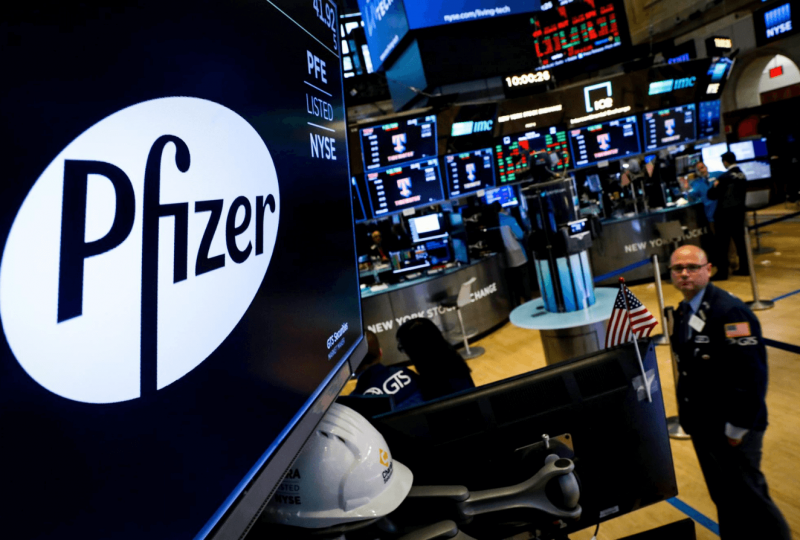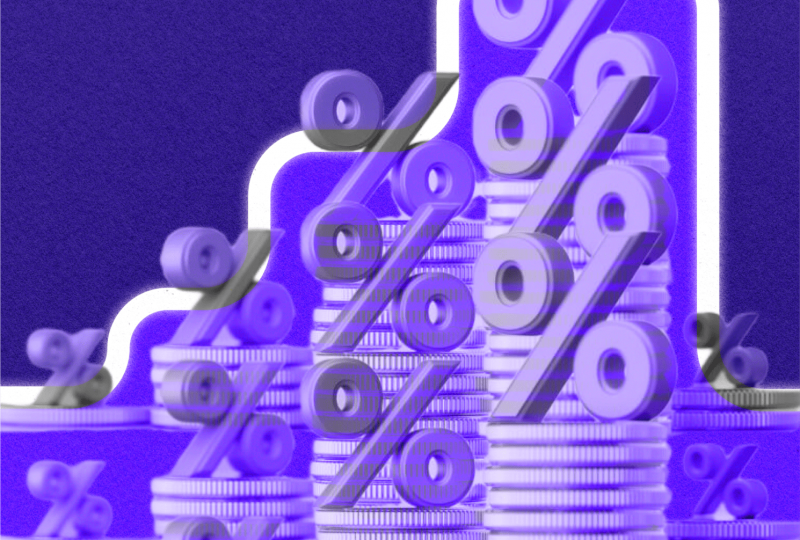Stocks Gain. Europe is in Focus.
Mar 24, 2022

Stocks surged higher on Thursday as oil prices dropped, and European economic data indicated that the Russia-Ukraine conflict has not yet seriously impacted economic activity.
The Dow Jones Industrial Average ended up 349 points, or 1%, one day after plummeting 448 points. The S&P 500 increased by 1.4%, while the Nasdaq Composite increased by 1.9%.
On Thursday, the price of West Texas Intermediate oil plummeted roughly 3%, one day after its spike related to Wednesday's stock market slump. Still, oil is trading at $111 a barrel, approximately 25% more than it was when news of Russia's impending invasion of Ukraine broke in February. Markets anticipate that western countries may expand their restrictions on Russian oil, thus limiting world supplies. Increased oil and gas costs may encourage customers to reduce their expenditures.
That does not seem to be preventing firms from planning for robust demand for the time being. The Eurozone Markit Composite Purchasing Managers Index was 54.5 in March, exceeding expectations of 53.9, "implying that the Russia/Ukraine conflict did not generally affect growth," according to Tom Essaye, founder of Sevens Report Research.
Markets anticipated the same in the United States when domestic economic data arrived later in the day. However, in February, durable goods orders decreased by 2.2% month over month, after a 1.6% increase in January. Economists forecast that when the pandemic declines, people will spend less on products and more on services.
Markets, on the whole, are not panicked by the latest economic statistics from the United States. The dollar amount in orders was also dragged down by a fall in aircraft orders. "The fall in the overall result is hardly alarming considering the constant monthly growth over the previous year," Citigroup analyst Andrew Hollenhorst stated.
Investors may see it differently. "It is still too early to gauge the effect of the Ukraine conflict on global supply chains, which will undoubtedly be reflected in the March data issued next month," stated Peter Essele, Commonwealth Financial Network's head of portfolio management. "At this point, it is better to adopt a wait-and-see attitude rather than moving toward safety assets."
Markets are also expecting some improvement in Ukraine's situation. NATO leaders are gathering amid growing hopes that the Western military alliance would send military to Central and Eastern European nations. President Biden was scheduled to attend both the G-7 and European Union summits later Thursday. The US has already announced that it would penalize 400 Russian officials and businesses. Biden stated that Russia should be expelled from the Group of 20, although there was no significant news on Russian commodities sanctions.
Nevertheless, the equity market has rallied, with the S&P 500 up to around 8% from its year-low closing level earlier this month. However, the market is not yet out of the woods. Additional information on Russia—as well as statistics on the global economy—needs to be collected.
Moreover, there is the matter of the Federal Reserve, which is serious about controlling inflation via interest rate hikes. Markets are still assessing the Fed's intention to act aggressively over the next several years. Recently, Neel Kashkari, the Minneapolis Federal Reserve president, who was previously regarded as dovish, seems to be becoming hawkish. He stated during a conference that the current prognosis of seven rate rises this year is reasonable.
Stocks have yet to recover the higher levels observed earlier this year. At 4,520 points, the S&P 500 has seen sellers enter to drive equities down multiple times this year when it climbs between 4,500 and 4,600 points.
"Before the S&P 500 rises beyond this level, we need some resolution or at the very least insight over what will happen in Ukraine," according to Mark Lehmann, CEO of JMP Securities, a Citizens Company.
Overseas, the situation was more mixed. The Stoxx 600 index fell 0.2%, while Tokyo's Nikkei 225 index advanced 0.3%.




